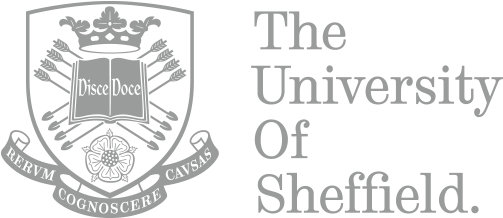Our Purpose
The
mission
Sheffield:Air is a world-class team of interdisciplinary scientists addressing the most pressing local, national and international air pollution problems through innovative and action-oriented research projects.
Based at the University of Sheffield, our researchers work across the natural and social sciences and with government and community partners to develop and apply the latest technologies, data and knowledge to address air quality issues.
The
vision
Sheffield:Air’s vision is to create collaborative spaces in which world-class air quality research can be channelled into local actions to improve air quality in the city.
In this way, innovative solutions can be created, tested and deployed at the local level and inform meaningful air quality efforts at the global level.
Our
aims
• To advance local and national knowledge of air pollution issues by pioneering action-oriented research across the university and the city
• To explore the potential for new and innovative (social, economic and engineering) solutions to help address air quality issues.
• To develop solutions to air pollution that can be applied locally and that have relevance on the global stage.
• To forge new and lasting collaborations between local, national and international partners aimed at addressing air pollution issues globally.
Our
objectives
• To provide a central hub for AQ research in Sheffield
• Invite and attract ideas from the local community
• Develop projects and write proposals for future funding
• Use the Observatory data for teaching and research purposes.
• Write joint papers
• Share ideas and resources on air quality
• Host events: Take part/lead in conferences, symposiums, workshops
• Produce conversation pieces and engaging articles.
• Media and community engagements
Management Team
Maria
Val Martin
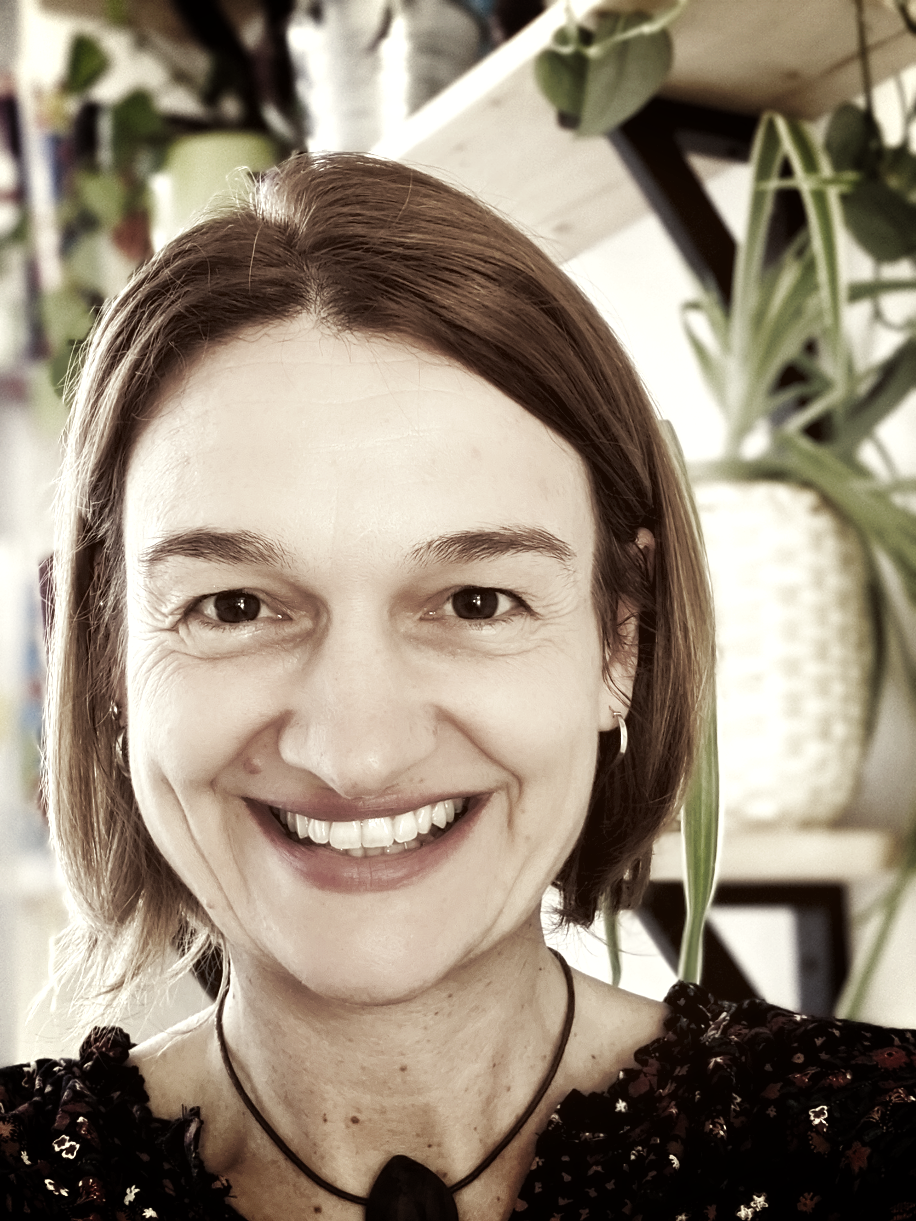
Dr. Maria Val Martin is an atmospheric scientist with a research interest in understanding the composition and chemistry of the global atmosphere and the feedback with the biosphere and climate system. She is working on integrating field data and satellite observations with different types of numerical models (eg atmospheric chemical transport, land, and earth system models) to address questions related to atmospheric composition, urban air pollution, atmosphere-biosphere-climate interactions and climate change mitigation.
Projects
BREATHE: A feasibility study of green barriers to air pollution mitigation in school playgrounds funded by Grantham Centre for Sustainable Futures (PhD project, co-supervisor)
Adventures in carbon neutral farming: mitigating potent greenhouse gas emissions from soils with rock dust funded by NERC Doctoral Training Partnership https://mariavalmartin.wordpress.com/
Twitter: @MValMartin
Peter
Styring
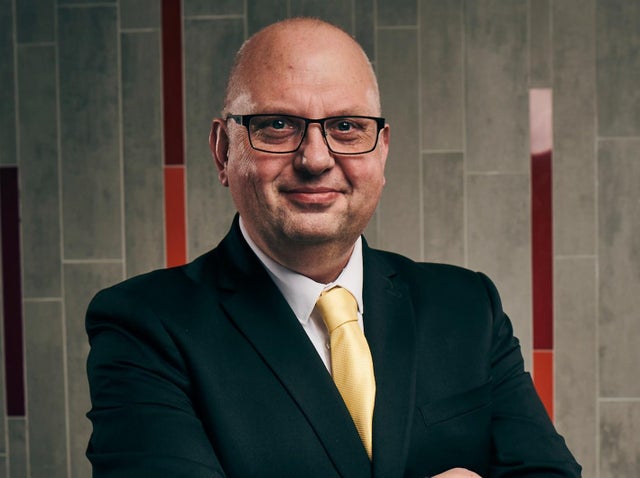
Prof. Peter Styring’s expertise lies in the field of catalysis and functional materials, together with their continuous flow processing that allows reactions to be rapidly taken from the Discovery scale to the Production scale over a short time scale. He is an expert in Carbon Capture & Utilisation (CDU) with increasing expertise in CDU policy.
He is the author of the Carbon Capture and Utilisation in the Green Economy policy document that has received global acclaim. I also work with government through consultation on future strategies for CDU both at national and at a European level.
He is the Chair of the CO2Chem Network, the largest global network of academics, industry and policy makers with interests in CDU. The network currently has 900 members and is continually growing. Giving network members access to a vast database of knowledge and potential collaborators in this exciting field of research.
Lyudmila
S Mihaylova
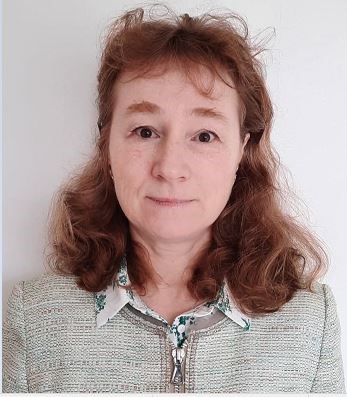
Do you have something to share with our team of experts?
Submit the form below and we will come back to you in due course.
Please note that our team are extremely busy on projects so delays in responses may be likely.
Operations Team
Rohit
Chakraborty
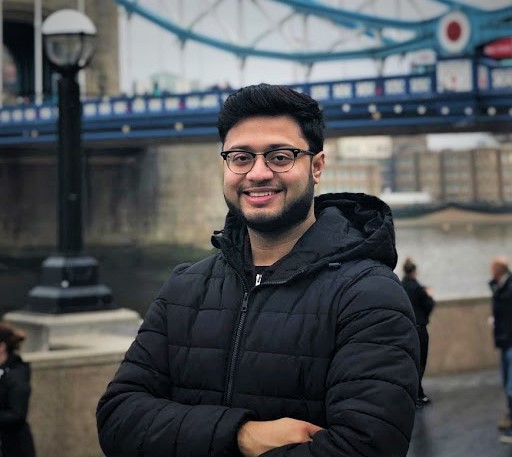
Steve
Jubb
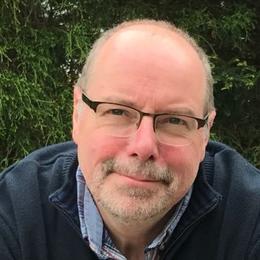
Said
Munir
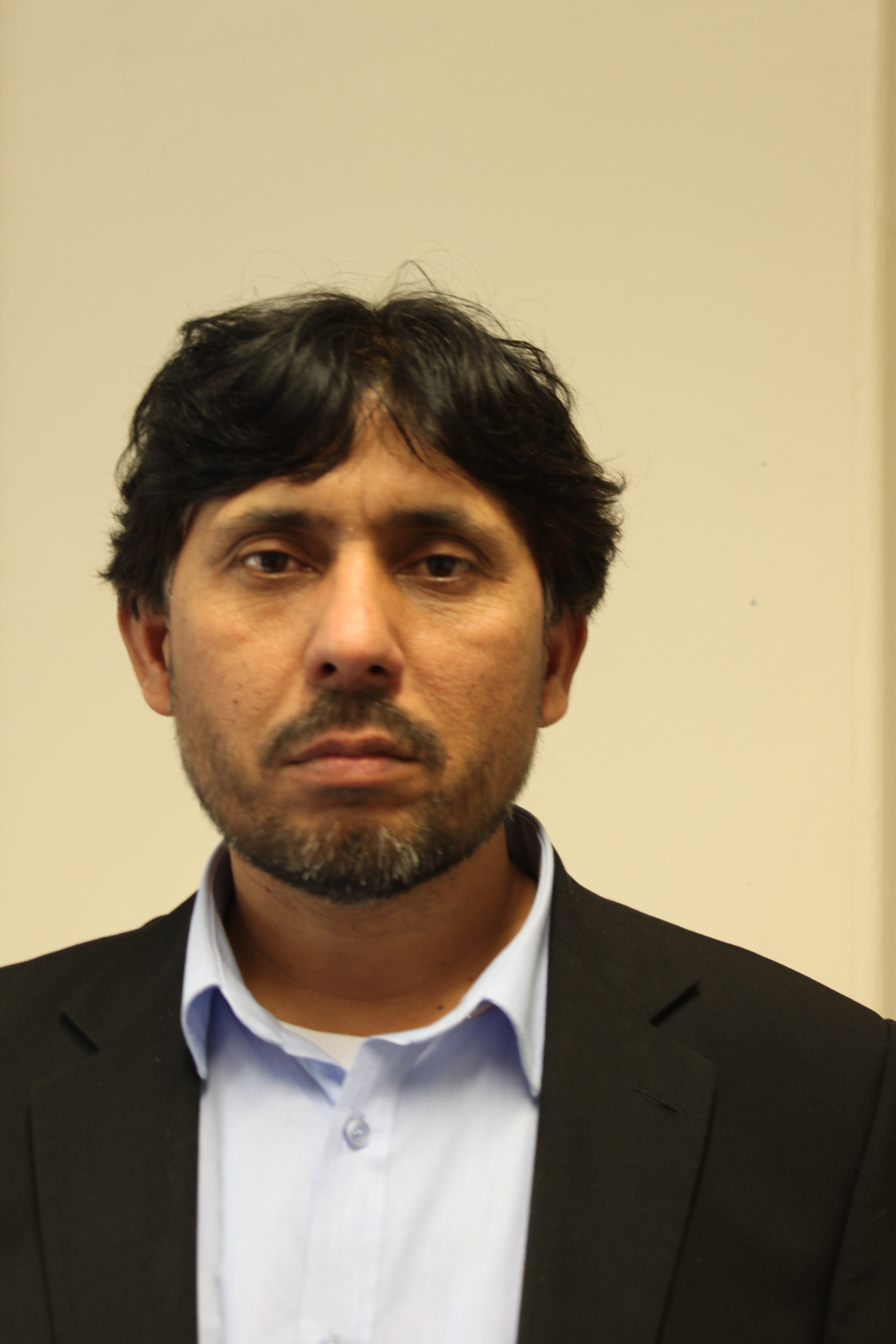
Said has several years’ experience in air quality monitoring, data analysis and modelling both in the UK and abroad. Currently, Said is working on designing an Integrated Air Quality Monitoring Network (IAQMN) in Sheffield to provide high quality and high resolution spatiotemporal AQ data in Sheffield.
The Latest News from S:A
Our Experts
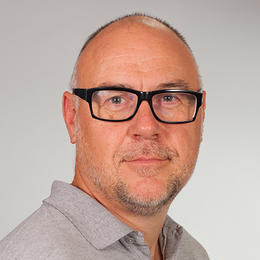
Martin Mayfield
Prof. Martin Mayfield has 24 years’ practice as a designer of engineering systems at Mott MacDonald and as a Director of Arup (Education Leader for the UK, Middle East and Africa, Mechanical and Electrical Engineering Leader for North West and Yorkshire and lastly Sheffield office Leader).
Martin’s work in the Department aims to understand how to engineer sustainable solutions, by adopting a systemic approach to problems and identifying the leverage points in dynamic systems that allow us to create paradigm shifts in our use of energy and resources.
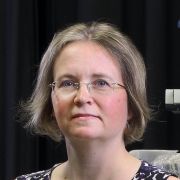
Beverley Inkson
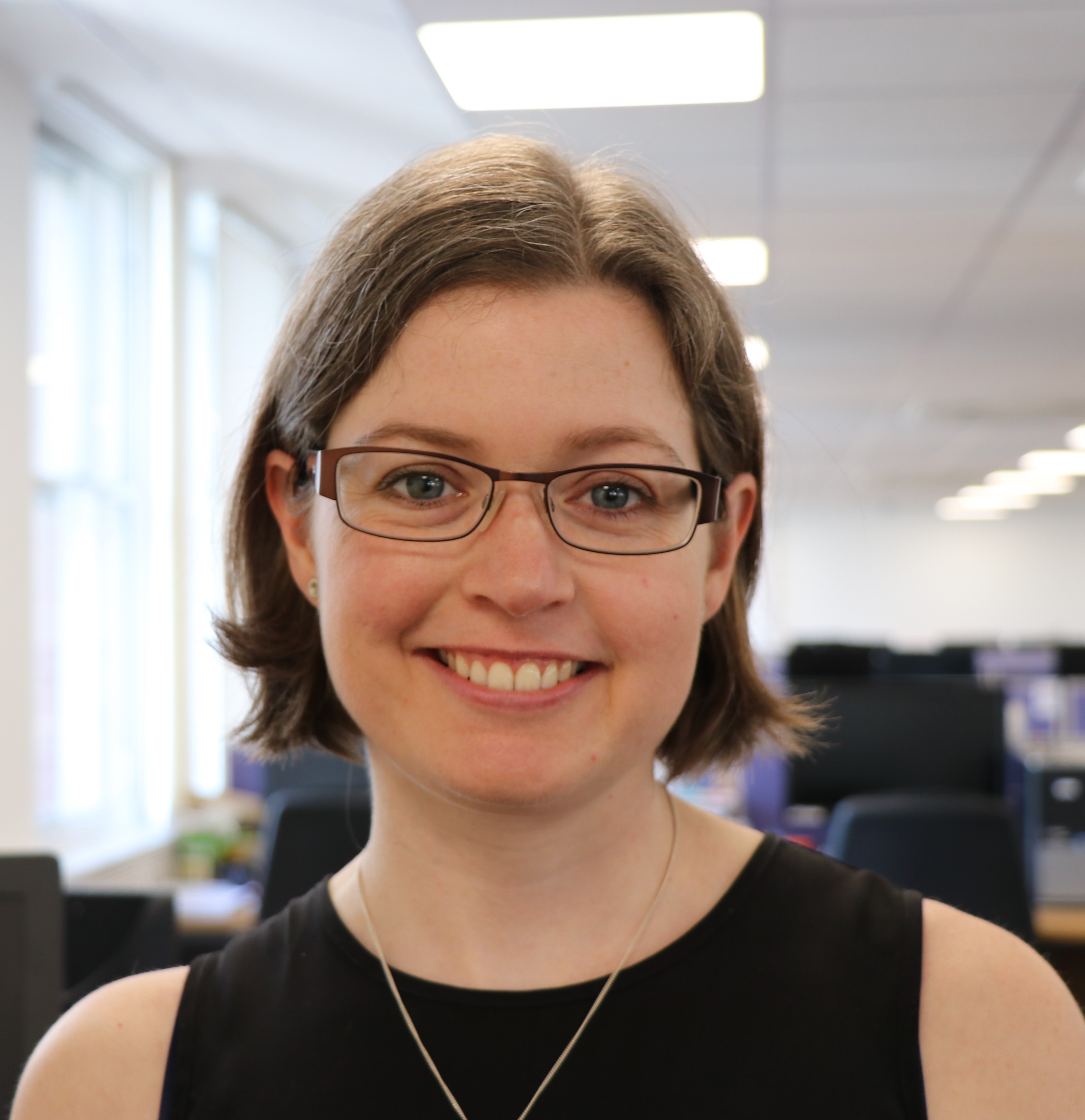
Chantelle Wood
Chantelle is a social psychologist, with a particular focus on behaviour change. Her research focuses on understanding why people do (or do not) engage in different behaviours, and developing and evaluating behaviour change techniques to promote positive social, health and environmental behaviours, using both primary empirical research and also meta-analytic techniques. She is currently involved in research looking at use of single-use plastics on UK dairy farms, as part of a large interdisciplinary project called Plastics: Redefining Single Use, which involves researchers from across the University.

Anna Jorgensen
Anna’s interests focus around the ways in which different people experience, interact with, understand and represent landscape, and especially wild or natural-looking vegetation; and the desire to see a more holistic and environmentally friendly approach to planning and designing urban greenspace and green structure.
Her aim is often to challenge professional ideas about what might be publicly acceptable, and to test/explore established theoretical frameworks from different academic disciplines that are relevant to my field of enquiry (such as environmental psychology, social anthropology and cultural geography).
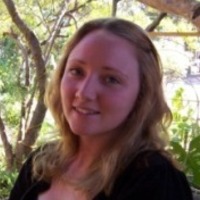
Amy Barnes
Amy is a Lecturer in Public Health (Policy) with specific interests in politics (power), participation, and health equity; and in government and civil society action to address wider determinants of health.
In the UK, Amy has explored initiatives that seek to empower people to have more control and influence in decision-making about where they live (e.g. Big Local community empowerment initiative, neighbourhood planning, coproduction in commissioning). She enjoys working with community partners, using participatory research and evaluation methods, to support public health action within local neighbourhoods.
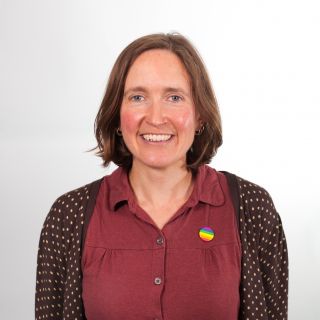
Abigail Hathway
Her research aims to ensure that in the drive for energy efficient buildings we maintain healthy indoor environments for the occupants. Her focus is on building physics, with a particular interest in how the activity of people within a building and its interior spaces impact upon air flow. This focus on fluid flow in the built environment, incorporates building simulation with experimental and field work. Her main interest is in the interactions of people with their building and the resulting impacts on air flow across the building envelope and between interior spaces.
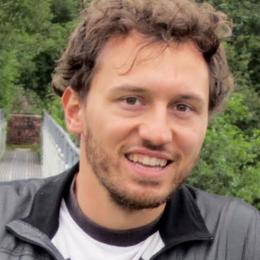
Giuliano Punzo
Giuliano’s background is in the broad area of control theory and complex systems. He is a Lecturer in the department of Automatic Control and Systems Engineering where he pursues his research in socio-technical systems (e.g. cities), the understanding and the engineering design of networked systems, both in the developed and developing world.
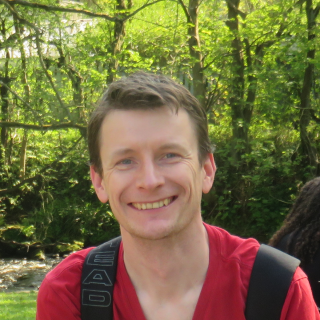
Paul Brindley
Paul’s research focuses on understanding the interplay between landscapes and people through the use of digital data and GIS mapping (Geographic Information Science).
His objective is to take a critical perspective in order to understand different interpretations of any set of spatial data. This involves developing innovative methodologies from data science (combining statistics and computer programming) and applying them within a landscape context.

Lee Crookes
As a critical geographer/planner, Lee is interested in using qualitative methods to explore contemporary issues related to housing, class, gentrification, urban regeneration and associated conflicts over the meaning and use of space. One of his several research projects include making air pollution in Sheffield visible (Research Councils UK).
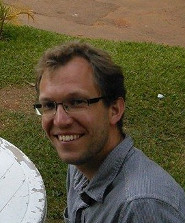
Michael Smith
Michael’s work is in particular now focused on modelling air pollution in Kampala, using data from a network of low-cost sensors, currently investigating probabilistically handling the calibration of the sensors using mobile units. This system will soon be incorporated into a pipeline providing live predictions for policy makers and stakeholders in the city.
http://michaeltsmith.org.uk/

Mauricio Alvarez
Dr. Álvarez López is interested in machine learning in general, its interplay with mathematics and statistics, and its applications. In particular, his research interests include probabilistic models, kernel methods and stochastic processes. He works on the development of new approaches and the application of Machine Learning in areas that include applied neuroscience, systems biology, and humanoid robotics.
He is a member of the Machine Learning group.
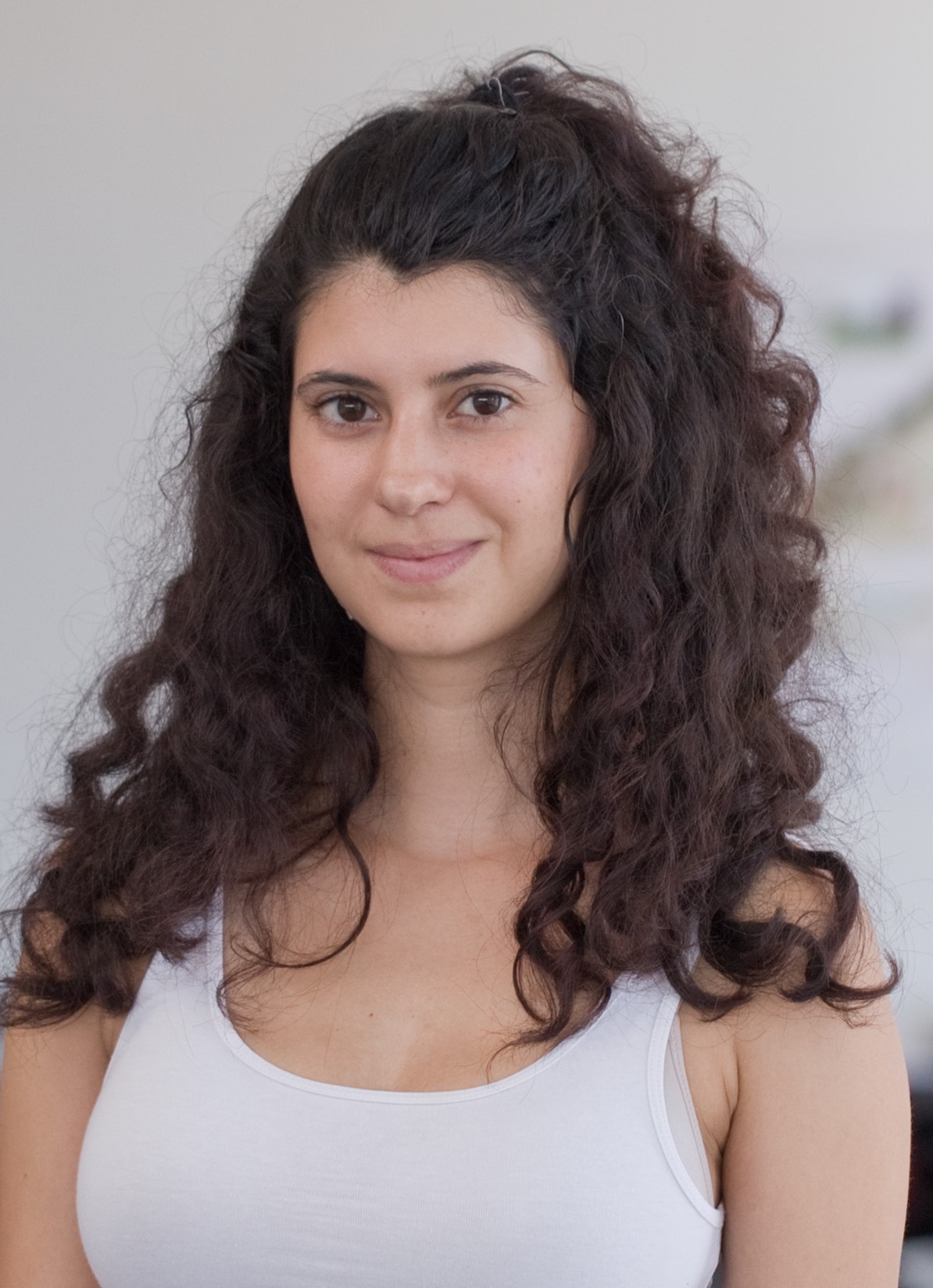
Maria Del Carmen Redondo Bermudez
Breathe: a feasibility study of green barriers to air pollution mitigation in school playgrounds
Her project involves Green Infrastructure, Air Quality, Wellbeing, Urban Ecology, Nature-based Solutions and Sustainable Cities.
BREATHE: A feasibility study of green barriers to air pollution mitigation in school playgrounds
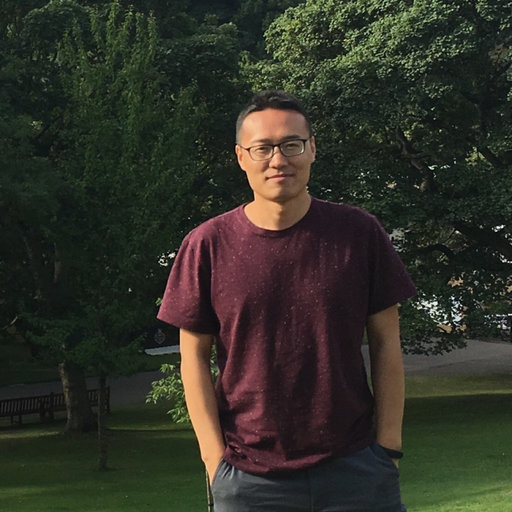
Peng Wang
Peng Wang is now working as a research associate with the Department of Automatic Control and Systems Engineering, University of Sheffield, UK. He is dedicated to providing reliable solutions to practical issues in the Internet of Things (IoT) era. His research focuses on: machine learning methods in image and traffic data processing, with a specific interest in quantifying the uncertainty of the deep learning method; autonomous vehicle/robot localization/SLAM with LiDAR, computer vision, and GPS, etc., with the purpose of developing trustworthy solutions.
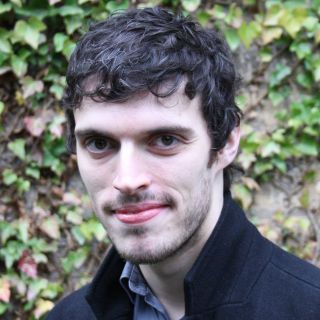
Mathew Wood
Matthew Wood is a Senior Lecturer in the Department of Politics and International Relations. His first book, Hyper-active Governance (Cambridge University Press), explores how political economy can help explain different approaches governments use to using expertise within policy-making. It advocates an inclusive approach, integrating expertise within democratic governance. His current research, funded by the ESRC, focuses on Brexit, health governance, and the future legitimacy of the European Union. He is also interested in and researching the political economy of urban air pollution governance.
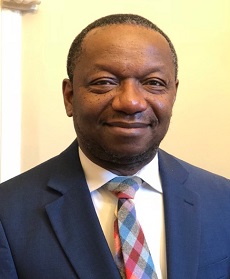
Professor Dilly Anumba
Prof. Dilly’s research interest lies around the physiology of human parturition, particularly the role of immunity and inflammation in term/preterm labour and pregnancy complications such as hypertension, fetal growth restriction and stillbirth. He is also investigating new techniques to predict preterm birth by the detection of cervical remodelling changes as well as changes in the vaginal microbiome and metabolome.
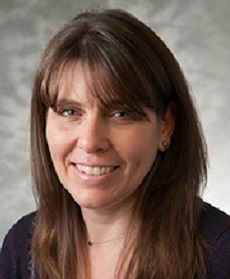
Fiona Campbell
Fiona Campbell is a Research Fellow in Health Economics and Decision Science within the School for Health and Related Research (ScHARR) at the University of Sheffield. She has a clinical nursing background in oncology nursing, district nursing and health visiting and has worked in this capacity both in the UK and developing country settings. These experiences led to a keen interest in the use of research to inform and improve health care and public health.
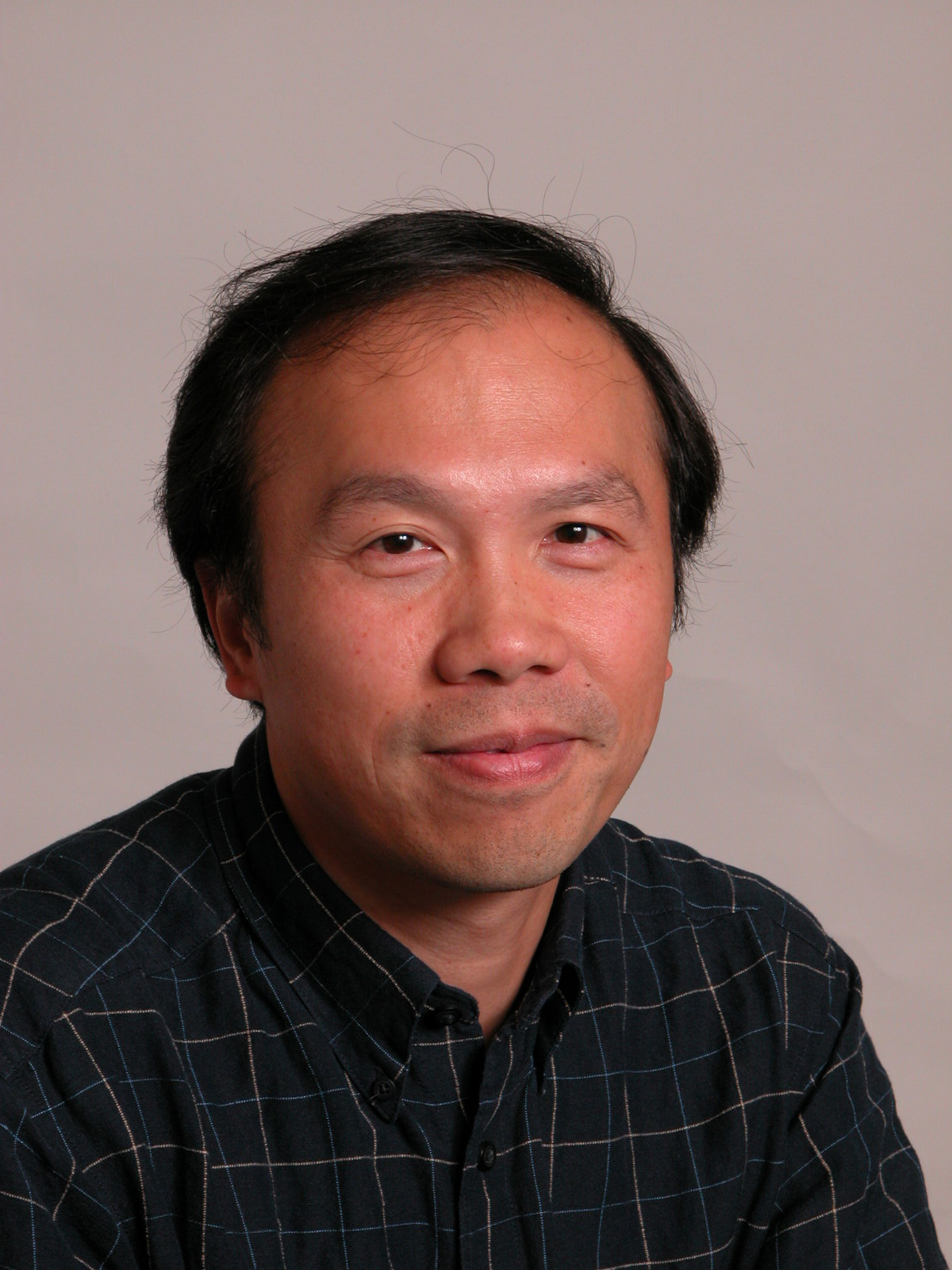
Chengzhi Peng
Currently, Dr Chengzhi Peng is working on a campus-wide IAQ-energy co-simulation models estimating the indoor air quality of the institutional building stock for informing stock transformation.
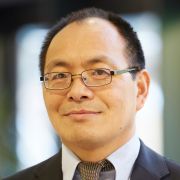
Meihong Wang
Prof. Meihongs main research areas is in Process/Energy Systems Engineering for Energy and Environment. The sub areas are:
Engineering & Carbon Capture and Storage (CCS);
Process Modelling, Simulation, Control and Optimisation;
Power Plant, Carbon Carbon and Transport (CCT), and Energy; Storage;
Bio-fuel Production;
Refinery Planning and Scheduling;
Process Condition Monitoring and System Identification.

Tha’er KM Abdalla
Tha’er is an interdisciplinary doctoral researcher at the School of Architecture of the University of Sheffield. His current research interest spans across multiple disciplines including Architectural Design, Building Physics, Computational Modelling and Artificial Intelligence. His major research interest are:
- Predictive Urban/Building Energy and Indoor Air Quality Models
- Data-Driven Modelling of Indoor Air Quality
- Uncertainty Quantification of High-rise Buildings Infiltration Rates

Caroline Mitchell
A GP partner in Woodhouse since 1990. In addition to providing a full range of family medical care, Dr Caroline Mitchell has a special interest in musculoskeletal medicine (including joint and soft tissue injections), alcohol-related health problems and is the practice trainer for general practice specialist registrars. In 1993 she was appointed as a Senior Clinical Lecturer at the University of Sheffield (teaching medical students, training doctors and undertaking research), where she continues to work part-time.

Alan Smalley
Lab Technician

Shamanthi Maya Jayasooriya
Shamanthi is a NIHR Academic Clinical lecturer in primary care medicine and a General Practitioner based at Page Hall Medical Centre, a Deep End Clinical Research Cluster practice, in one of the most deprived and ethnically diverse areas of Sheffield.
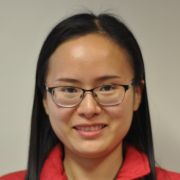
Lu Zhuo
Lu’s research focusses on multi-hazard disaster risk management and system modelling. This incorporates multi-disciplinary knowledge into a dynamic and unified modelling framework to increase the resilience of cities against extreme hydrometeorological events (such as floods and landslides) caused by changing climates. Lu aims to numerically model the impact of these hazards on infrastructure networks, on people and on possible rescue and mitigation efforts. She helped with the development of HazardCM, which is unique software that assesses and numerically models cities and their resilience to natural hazards such as flooding.
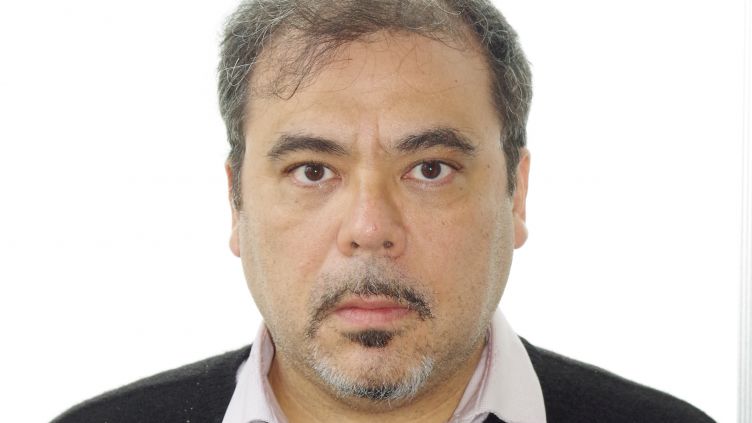
J Miguel Kanai
Miguel Kanai is a human geographer concerned with global urbanisation and uneven development.
His current research engages the ‘infrastructure scramble’ of international investments to the global South since the 2008 recession. This project seeks analyses plans to link cities to transnational value chains, such as e.g. the development, extension and upgrading of roadway networks, and how these infrastructures reconfigure socio-environmental relations across vast geographies and erstwhile remote regions. With an area specialisation in South America, he has published an award-winning study on the transformation of the northern Brazilian state of Roraima (Environment and Planning A, 2014 – Ashby Prize), and is currently engaged in several projects focused on the territorial futures that the peace process has opened up for peripheral regions of Colombia.

James Heydon
James is an Assistant Professor at University of Nottingham specialising on
Air pollution, environmental regulation and social control.
He is a member of the British Society of Criminology and the current Chair of its Green Criminology Research Network. He is also a member of the International Union for the Conservation of Nature, where he is part of its Green Criminology Specialist Group, and has been a Fellow of the Higher Education Academy since 2013.
James’ research interests focus on crimes of the powerful more broadly and environmental harm more specifically. In particular, he is interested in the effectiveness of formal and informal social controls on the behaviour of individuals, states and corporate actors. This includes the more traditional ‘top-down’ elements, such as law and regulation, but also those deemed ‘bottom-up’, such as the application of deviancy labels by ‘non-elite’ groups.




